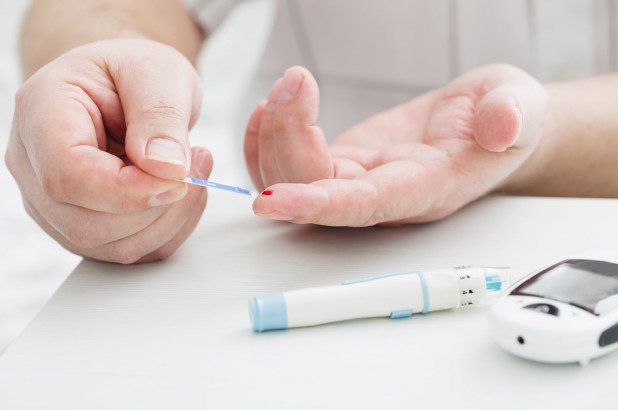SHARES

Daniel attended a follow up session with his diabetic counselor. A recent blood test revealed that his blood sugar remained high despite being on medications. “Ongoing high blood sugar can be very damaging to your nerves, blood vessels, and organs leading to serious complications,” explained Daniel’s diabetic counselor. “We need to intensify your diabetes regime to manage it better,” She went on to advise Daniel on lifestyle changes in a bid to arrest further development of grave health complications.
Diabetes is a chronic condition marked by high blood glucose. 8.5 % of adults aged 18 years and older are estimated to have diabetes. To begin with, insulin is the hormone that regulates blood glucose levels. High blood sugar occurs when the body fails to produce sufficient insulin or utilise insulin effectively. For that reason, blood glucose continues to remain in the blood. If left unmanaged, it may lead to serious damage of the nerves, blood vessels and organs.
What are health complications of diabetes?
Diabetic Retinopathy (Eye Disease)
Diabetic retinopathy is the leading cause of blindness and visual disability that accounts for 2.6 % of global blindness. It starts by damaging the small blood vessel at the retina (the back layer of the eye). With progressive loss of vision, the damage eventually results in blindness.
Initially, blurred vision along with other visual symptoms may be present. Nevertheless, early diagnosis via regular eye examinations allows timely intervention, which may prevent or delay blindness.
Diabetic Nephropathy (Kidney Disease)
Besides that, diabetes is a leading reason for dialysis and kidney transplants in developed countries. Up to 2 in 5 diabetics eventually develop kidney disease. Damage inflicted to the small blood vessels in the kidneys is the reason, which then progress to kidney failure.
Symptoms are usually absent in the early stage. As the condition worsens, patient may experience fatigue, difficulty concentrating, or loss of appetite. Urine test for protein or blood test for kidney function are indicators for early diagnosis. Once kidneys are affected, early intervention is key slow the disease progression such as control of high blood glucose & blood pressure, medication treatment and restriction of dietary protein.
Diabetic Neuropathy (Nerve Disease)
Diabetic neuropathy or nerve damage is the most common complication, affecting almost half of diabetic patients. Nerve damage can happen by direct damage due to high blood sugar, or reduced blood flow to nerves caused by damaged blood vessels.
The symptoms vary, depending on the affected nerves. Common complaints include numbness in extremities, pain in extremities and impotence. Decreased sensation to feet may leave cuts and developing foot infections undetected, which may result in amputation if severe. Hence, patients should report any symptoms and attend follow ups at regular intervals for early diagnosis.
Cardiovascular Disease (Heart & Vessels Disease)
Adults with diabetes are two to three times more likely to experience heart attacks and strokes. High blood sugar encourages atherosclerosis, which narrows the arteries. Obstructed or blocked blood supply to different organs results in different consequences. If the heart muscle or brain is affected, it can cause heart attack or stroke respectively; meanwhile, a clot in the hands or feet may cause swelling, tenderness, discoloration & pain or slow healing of infections.
Early detection and control of risk factors such as smoking, high blood pressure, high cholesterol and obesity are important to manage cardiovascular complications.
Living well with diabetes
Diabetes often affects patients with various complications. Remember it is important to catch and treat complications whilst in its early stage. How? Remain attentive towards new symptoms, commit to controlling blood sugar levels and attend follow-ups faithfully.
While there is no cure for diabetes, you can still live well with diabetes. What you need to do is a buy-in!
You can search, find, call, send enquiry or request for appointment with a GP/ Family Doctor on GetDoc:
Find an Endocrinologist in Malaysia, on GetDoc
Find an Endocrinologist in Singapore, on GetDoc
by Joanne Lee
Multipotentialite. Loves creating and seeing ideas come alive. View all articles by Joanne Lee.





